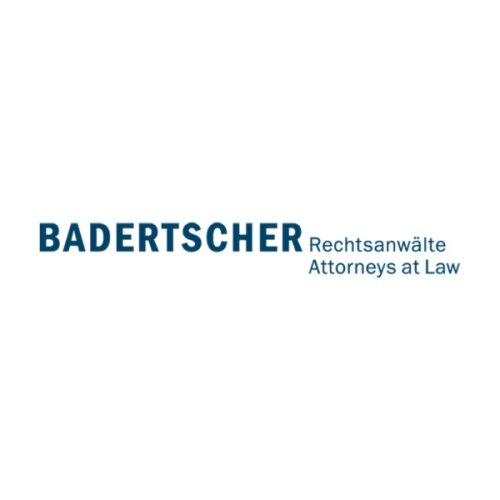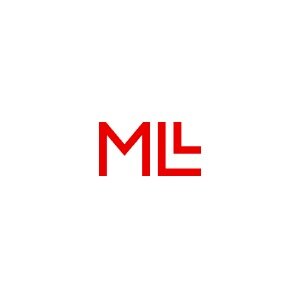Best Debt & Collection Lawyers in Zurich
Share your needs with us, get contacted by law firms.
Free. Takes 2 min.
List of the best lawyers in Zurich, Switzerland
About Debt & Collection Law in Zurich, Switzerland
Debt & Collection refers to the legal framework governing financial obligations and the recovery of debts in Zurich, Switzerland. It revolves around the rights and responsibilities of creditors and debtors when it comes to unpaid financial obligations. Understanding Debt & Collection law is crucial for anyone dealing with debt-related issues in Zurich.
Why You May Need a Lawyer
There are various situations where seeking legal help in Debt & Collection matters is advisable:
- When facing difficulties in debt repayment and require guidance on negotiating with creditors.
- If you are being harassed or unfairly treated by debt collectors.
- When dealing with complicated legal documents related to debt repayment, such as loan contracts or settlement agreements.
- If you are unsure about your legal rights and protections as a debtor in Zurich.
- When facing potential lawsuits or court proceedings due to debt-related issues.
Local Laws Overview
Zurich follows Swiss legal principles, which include the following important aspects relevant to Debt & Collection:
- Debt Collection Act: The Federal Debt Collection and Bankruptcy Act regulates debt collection procedures in Switzerland. It outlines the rights and obligations of both debtors and creditors.
- Statute of Limitations: Debt enforcement claims have a statute of limitations of 10 years in Zurich, meaning creditors can pursue debt collection for up to 10 years after it becomes due.
- Debt Enforcement Office: The Debt Enforcement Office acts as a regulatory authority overseeing the enforcement of debt claims and ensures fair practices in debt collection procedures.
- Consumer Protection Laws: Various consumer protection laws provide safeguards for debtors, prohibiting unfair practices, harassment, or misleading actions by debt collectors.
Frequently Asked Questions
Q: How can I stop harassment from debt collectors?
A: You have the right to be treated fairly and respectfully by debt collectors. Inform them in writing to cease all communication or engage a lawyer who can handle communication on your behalf.
Q: Can my wages or property be seized for debt collection?
A: If legal requirements are met, creditors may apply for a seizure of wages or property as a means of debt collection. However, certain exemptions and protections exist, and it's advisable to seek legal advice.
Q: Can I negotiate debt repayment terms with my creditors?
A: Yes, negotiating debt repayment terms is possible. Contact your creditors directly or seek assistance from a lawyer experienced in Debt & Collection matters to help facilitate negotiations.
Q: What happens if I file for bankruptcy in Zurich?
A: Filing for bankruptcy in Zurich means you are unable to meet your financial obligations. It initiates a legal process where your assets are liquidated to repay creditors. Consulting with a lawyer is essential when considering bankruptcy.
Q: What are my rights as a debtor in Zurich?
A: Debtors in Zurich have rights, such as the right to privacy, fair treatment, and protection from unfair practices. Familiarize yourself with the local debt collection laws and consult a lawyer to understand your specific rights.
Additional Resources
- Swiss Debt Enforcement Office (https://www.oeffentliches-recht.swiss/)
- Zurich Bar Association (https://www.zav.ch/)
- Swiss Consumer Protection Foundation (https://www.stiftung-schweizerisches-konsumentenforum.ch/)
Next Steps
If you require legal assistance with Debt & Collection matters in Zurich, Switzerland, consider taking the following steps:
- Assess your needs and determine the specific debt-related issue you require legal help with.
- Research and seek recommendations for reputable lawyers experienced in Debt & Collection law in Zurich.
- Contact potential lawyers to schedule initial consultations to discuss your case and determine their suitability.
- During consultations, ask about their experience, fees, and approach to handling debt-related cases.
- Choose a lawyer who has a good understanding of your situation and with whom you feel comfortable working.
- Regularly communicate with your chosen lawyer, provide necessary documents, and follow their guidance throughout the legal process.
Lawzana helps you find the best lawyers and law firms in Zurich through a curated and pre-screened list of qualified legal professionals. Our platform offers rankings and detailed profiles of attorneys and law firms, allowing you to compare based on practice areas, including Debt & Collection, experience, and client feedback.
Each profile includes a description of the firm's areas of practice, client reviews, team members and partners, year of establishment, spoken languages, office locations, contact information, social media presence, and any published articles or resources. Most firms on our platform speak English and are experienced in both local and international legal matters.
Get a quote from top-rated law firms in Zurich, Switzerland — quickly, securely, and without unnecessary hassle.
Disclaimer:
The information provided on this page is for general informational purposes only and does not constitute legal advice. While we strive to ensure the accuracy and relevance of the content, legal information may change over time, and interpretations of the law can vary. You should always consult with a qualified legal professional for advice specific to your situation.
We disclaim all liability for actions taken or not taken based on the content of this page. If you believe any information is incorrect or outdated, please contact us, and we will review and update it where appropriate.











